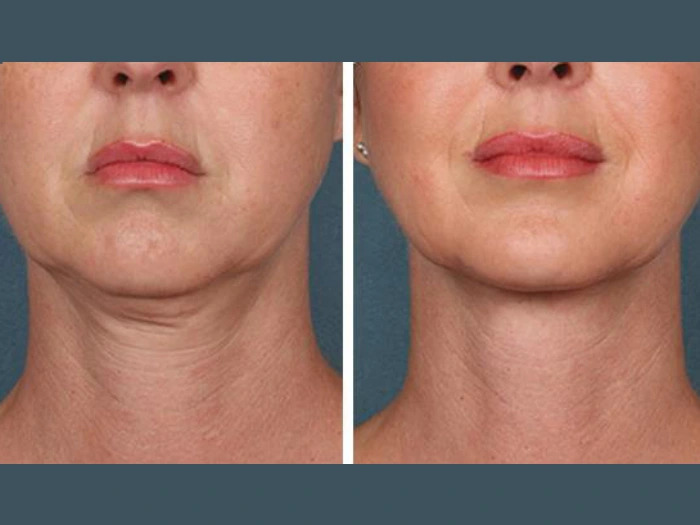Cold water therapy has gained momentum in recent years as athletes, fitness enthusiasts, and wellness seekers continue to explore its transformative effects on the body and mind. What was once seen as an extreme practice reserved for professional athletes or adventurous individuals has now become a mainstream recovery method. From ice baths to cold plunges, this form of therapy is proving to be more than just a recovery tool—it is a pathway to building resilience, enhancing performance, and improving overall well-being.
The Power of Cold Exposure
At its core, cold water therapy involves immersing the body in cold temperatures, typically ranging from 50°F to 59°F (10°C to 15°C). The immediate effect is a shock to the system, causing blood vessels to constrict, heart rate to rise, and breathing to quicken. While this might sound uncomfortable, it is precisely this stress that triggers the body’s adaptive responses.
Over time, regular exposure to cold conditions trains the body to handle stress more efficiently. Just like lifting weights builds muscle, controlled cold exposure builds resilience. It helps the body and mind adapt, allowing individuals to push through discomfort and develop a higher threshold for physical and mental stress.
Recovery: The First Step
For decades, athletes have used ice baths to recover from intense workouts or competitions. The cold water helps reduce inflammation, flushes out metabolic waste, and speeds up muscle repair. After strenuous exercise, muscles often experience microscopic tears. Cold therapy works to limit the inflammation that causes soreness, enabling athletes to get back to training sooner and at a higher level.
But recovery is just the beginning. Cold therapy doesn’t just return the body to its baseline—it pushes it beyond, building resilience and unlocking greater performance potential.
Building Resilience Through Stress Adaptation
The human body is built to adapt to environmental stressors, and cold water immersion is one of the most powerful ways to trigger this adaptation. When you immerse yourself in cold water, the initial reaction is panic—fast breathing, discomfort, and the urge to get out. By staying in and focusing on controlled breathing, you teach your body and mind to remain calm under pressure.
This practice carries over into other aspects of life. Whether it’s handling a tough workout, managing work-related stress, or navigating personal challenges, the ability to stay calm in uncomfortable situations is a powerful tool. Cold water therapy essentially acts as “training” for resilience, strengthening both the nervous system and mental fortitude.
Enhanced Circulation and Energy
Beyond resilience, cold exposure stimulates circulation. When the body is immersed in cold water, blood vessels constrict, and then, upon exiting, they dilate. This pumping action boosts circulation, delivering oxygen and nutrients to tissues more effectively. Improved circulation not only aids recovery but also supports overall performance by keeping muscles and organs functioning at their best.
Additionally, many individuals report a surge of energy and alertness after cold water immersion. The shock of the cold activates the release of endorphins and adrenaline, creating a natural energy boost. This heightened state of alertness can improve focus, reaction times, and overall performance in athletic and everyday activities.
Boosting Mental Performance
Cold water therapy isn’t only about physical benefits. Mental performance gets a significant lift as well. The practice requires focus and controlled breathing, which engages the mind in much the same way meditation does. Regular exposure to cold trains the brain to stay present, reduces anxiety, and promotes mental clarity.
In fact, one of the most notable long-term benefits is the development of emotional resilience. By repeatedly facing discomfort and overcoming it, individuals build a mindset that translates into confidence and discipline in other areas of life.
Strengthening the Immune System
Cold exposure has also been linked to stronger immune function. The practice stimulates the production of white blood cells and supports the body’s natural defense systems. This means that those who incorporate cold water therapy into their routines often report fewer illnesses and faster recovery times. A strong immune system is crucial not just for overall health but also for maintaining consistent performance in training and daily life.
Cold Water Therapy as a Performance Enhancer
While recovery is essential, true performance enhancement lies in building a foundation that allows you to perform at a higher level for longer. Cold water therapy contributes to this in several ways:
-
Faster Recovery Times: Less downtime means more training opportunities.
-
Increased Stress Tolerance: Greater resilience under pressure leads to stronger performance in competition or high-intensity training.
-
Improved Focus and Energy: A clear mind and energized body contribute to peak performance.
-
Long-Term Adaptations: Regular cold exposure trains both the body and mind to operate more efficiently in challenging conditions.
In short, cold water therapy doesn’t just help you bounce back—it helps you level up.
Making Cold Therapy a Habit
Getting started with cold water therapy doesn’t require a professional setup or specialized equipment. A simple cold shower or a plunge into a tub of cool water can deliver many of the same benefits. The key is consistency and gradual adaptation. Start with short durations—30 seconds to a minute—and gradually increase your time as your body adapts.
Breathing is also critical. Deep, controlled breaths help manage the initial shock and keep the body calm. Over time, what once felt unbearable becomes manageable, and eventually, empowering.
Conclusion: From Recovery to Resilience
Cold water therapy has evolved from being a simple recovery method into a transformative practice that enhances resilience, boosts performance, and sharpens the mind. By embracing the discomfort of cold exposure, individuals unlock a cascade of benefits that extend beyond the physical—building stronger bodies, clearer minds, and more resilient spirits.
From recovery to resilience, cold water therapy offers a powerful reminder that growth often comes from discomfort. Step into the cold, and you’ll step out stronger, more focused, and ready to perform at your best.


